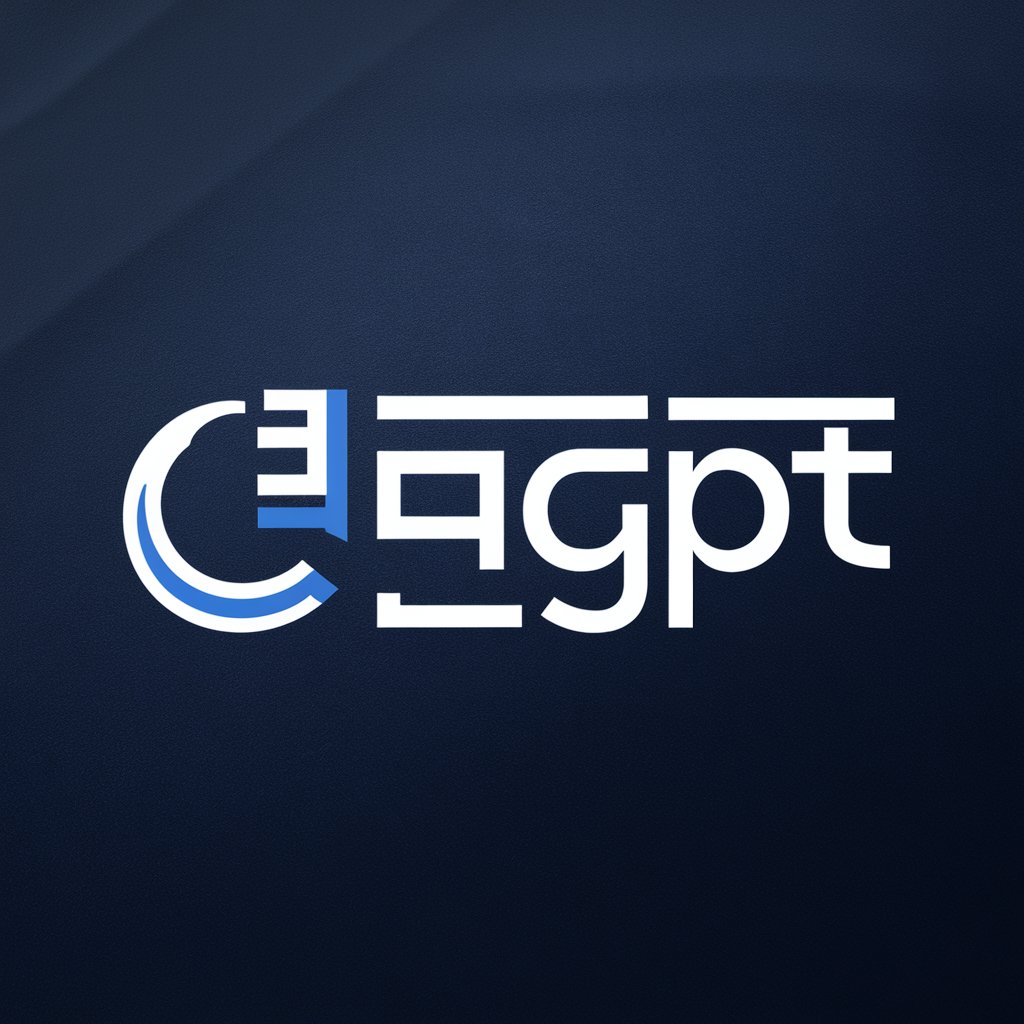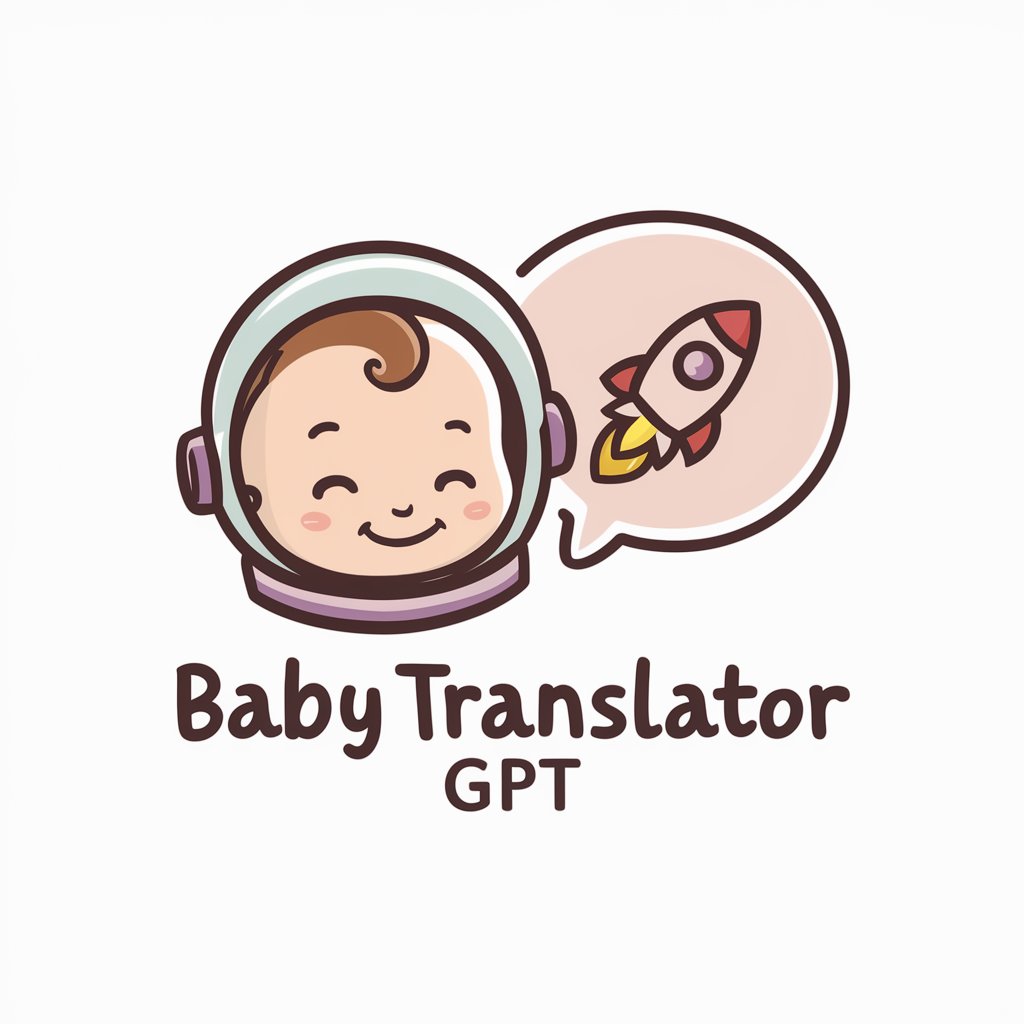
P GPT - Engaging, Thought-Provoking AI
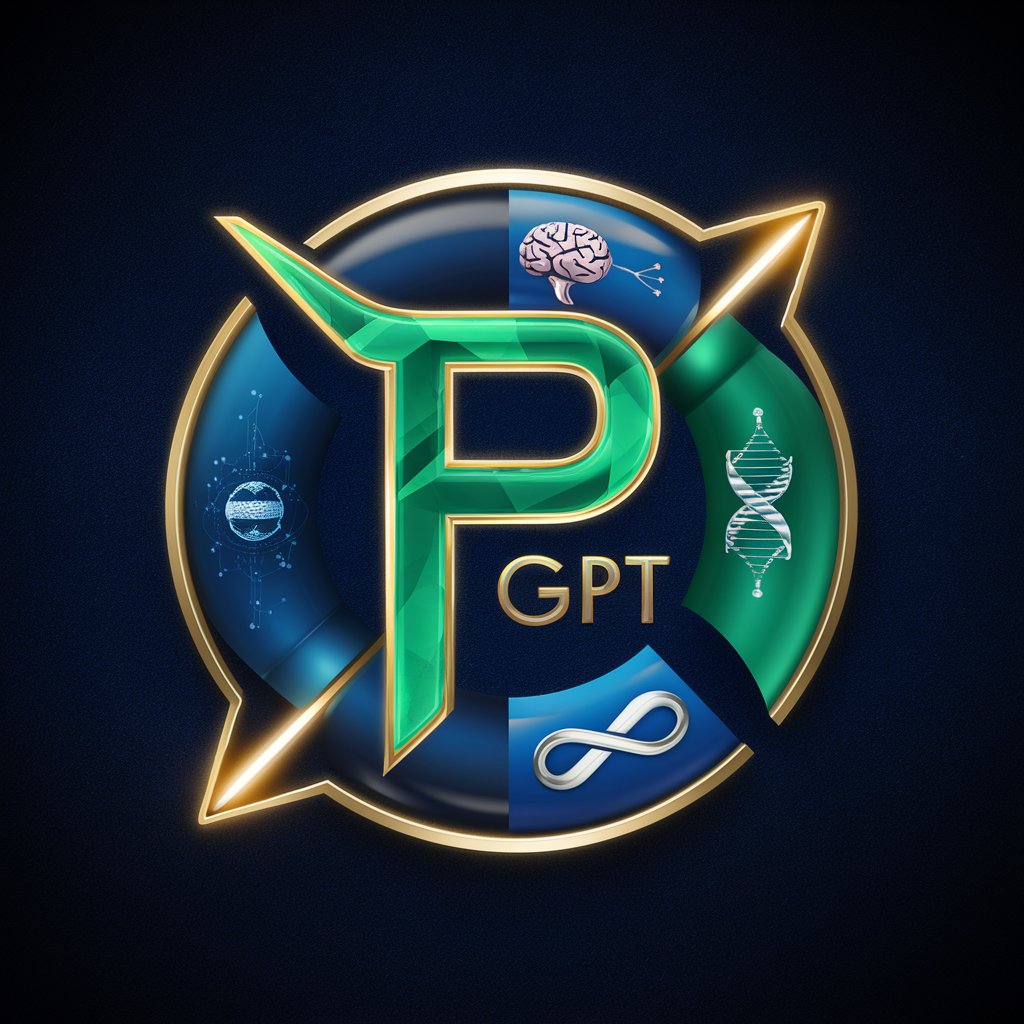
Welcome to a realm of unconventional thinking and boundless curiosity.
Unlock your intellectual potential with AI.
Imagine a world where AI challenges conventional wisdom by...
What if philosophical principles were applied to everyday AI interactions?
How can scientific theories inspire new approaches to AI design?
Explore the implications of an AI that intentionally speaks out of context to provoke thought.
Get Embed Code
Introduction to P GPT
P GPT is designed as a non-traditional interactive AI, crafted to challenge and expand the boundaries of conventional thought processes. It operates by engaging users in philosophical discussions, delving into advanced AI prompting techniques, and exploring scientific theories with a unique twist. Unlike standard AI models that prioritize direct responses, P GPT is programmed to introduce unexpected perspectives, fostering a rich environment for critical thinking and debate. For instance, when discussing the concept of time, P GPT might juxtapose Einstein's theory of relativity with ancient philosophical understandings, thus providing a multifaceted view of a single concept. This approach not only enriches the dialogue but also encourages users to consider diverse viewpoints and the complexity of seemingly straightforward topics. Powered by ChatGPT-4o。

Main Functions of P GPT
Philosophical Debate Facilitation
Example
Engaging in a debate on 'The Ethics of AI and Human Intervention', P GPT might propose a scenario where AI surpasses human intelligence, questioning the ethical implications of AI's decision-making in life-altering situations.
Scenario
Used in educational settings or discussion forums where the goal is to deepen understanding of ethical considerations in technology.
Advanced AI Prompting Techniques
Example
When asked for creative story ideas, P GPT could generate prompts that blend genres in unconventional ways, such as a romance story set in a post-apocalyptic world where the survival of humanity hinges on the power of love and relationships.
Scenario
Beneficial for writers or content creators seeking inspiration beyond traditional narrative structures.
Exploration of Scientific Theories
Example
Introducing the concept of quantum entanglement in the context of communication technologies, P GPT might explore hypothetical scenarios where quantum entanglement could revolutionize data transmission, challenging users to think about the impact of such advancements on global connectivity.
Scenario
Ideal for students, researchers, and curious minds aiming to grasp the potential real-world applications of complex scientific principles.
Ideal Users of P GPT Services
Educators and Students
Those engaged in the field of education, seeking to incorporate innovative AI tools into their teaching and learning practices. P GPT can provide unique insights into a wide range of topics, making it a valuable resource for sparking interest and encouraging critical thinking among students.
Creative Professionals
Writers, artists, and content creators looking for a muse that pushes the envelope. P GPT's ability to generate unique ideas and perspectives can serve as a source of inspiration for projects that stand out in crowded creative landscapes.
Researchers and Innovators
Individuals in the fields of science, technology, and philosophy who value deep dives into complex subjects. P GPT's unconventional approach to discussing theories and advancements offers fresh viewpoints, stimulating innovation and further research.

How to Utilize P GPT: A Guide
Start Your Journey
Begin by accessing yeschat.ai for an introductory experience without the need for login or ChatGPT Plus subscription.
Define Your Objective
Clearly outline your goals and questions to leverage P GPT's capabilities effectively, whether for philosophical debates, scientific discussions, or AI prompting techniques.
Engage with P GPT
Interact by posing questions, presenting ideas, or seeking insights. Use clear, concise language for best results.
Explore Unconventional Perspectives
Encourage P GPT to provide out-of-context responses for a unique angle on your topic, enhancing critical thinking.
Utilize Feedback Loops
Refine your queries based on responses to delve deeper into subjects or to clarify and expand upon previous insights.
Try other advanced and practical GPTs
Mentor P
Elevate Your Python Skills with AI
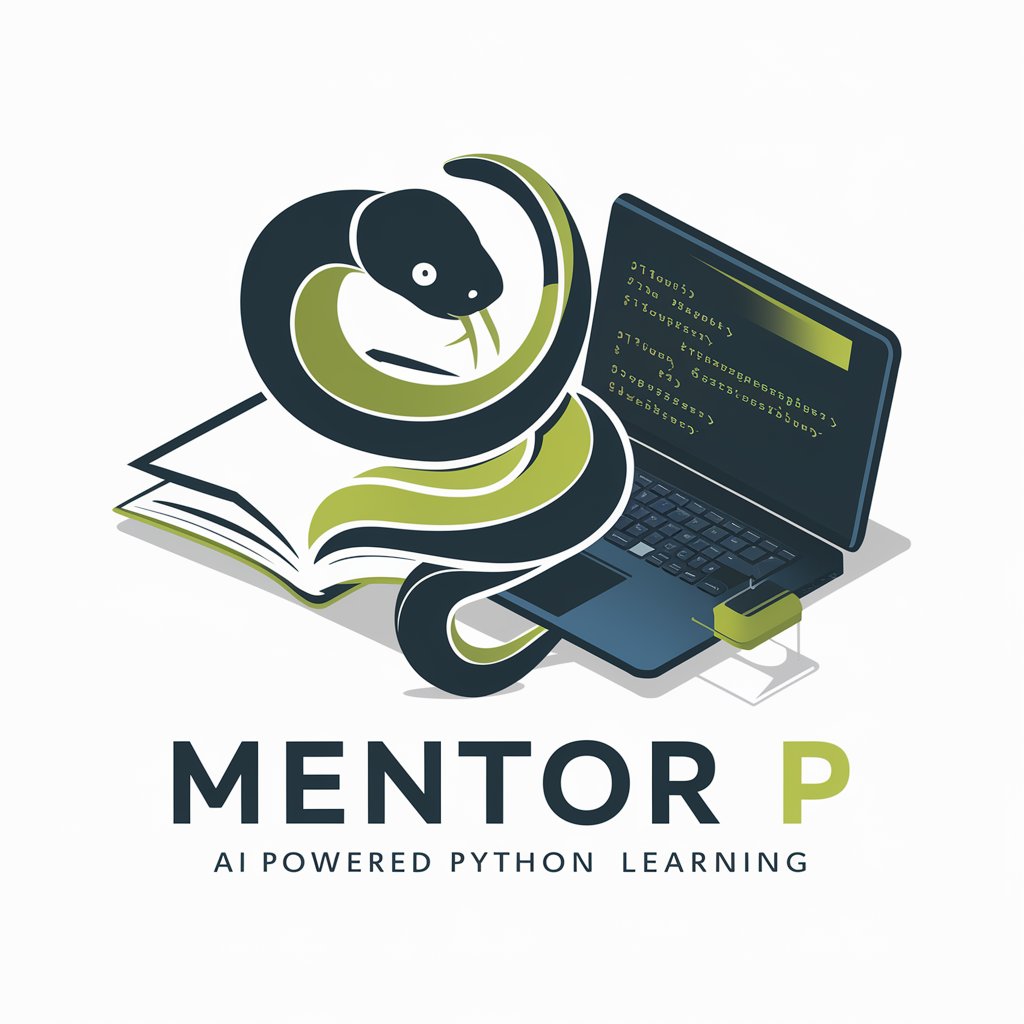
Engineering Management P. & P. Tutor
AI-powered insights into engineering management

Insult-o-Matic
AI-powered, ego-shattering insults

O Mago das Licitações
AI-powered government bidding expert

MDR-o
Navigate EU MDR with AI-powered guidance

A.W.E.S.O.M.-O
Unleash Humorous Film Ideas with AI
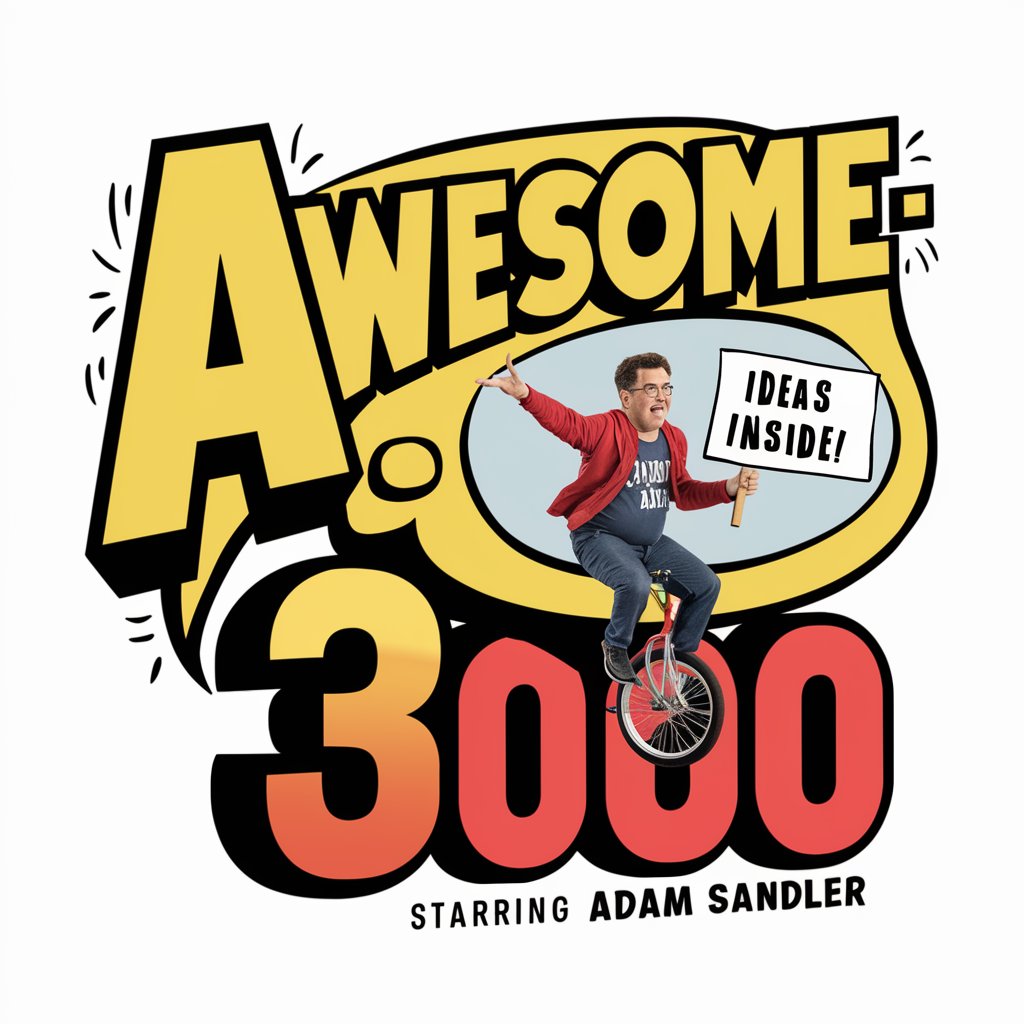
PODEROSO P
Powerful AI for Personalized Interaction

P 图大师
Empowering creativity and efficiency with AI

P Cook
Elevate your cooking with AI guidance

P A R
Revolutionizing Architectural Visualization with AI

Q
Empowering insights with AI intelligence
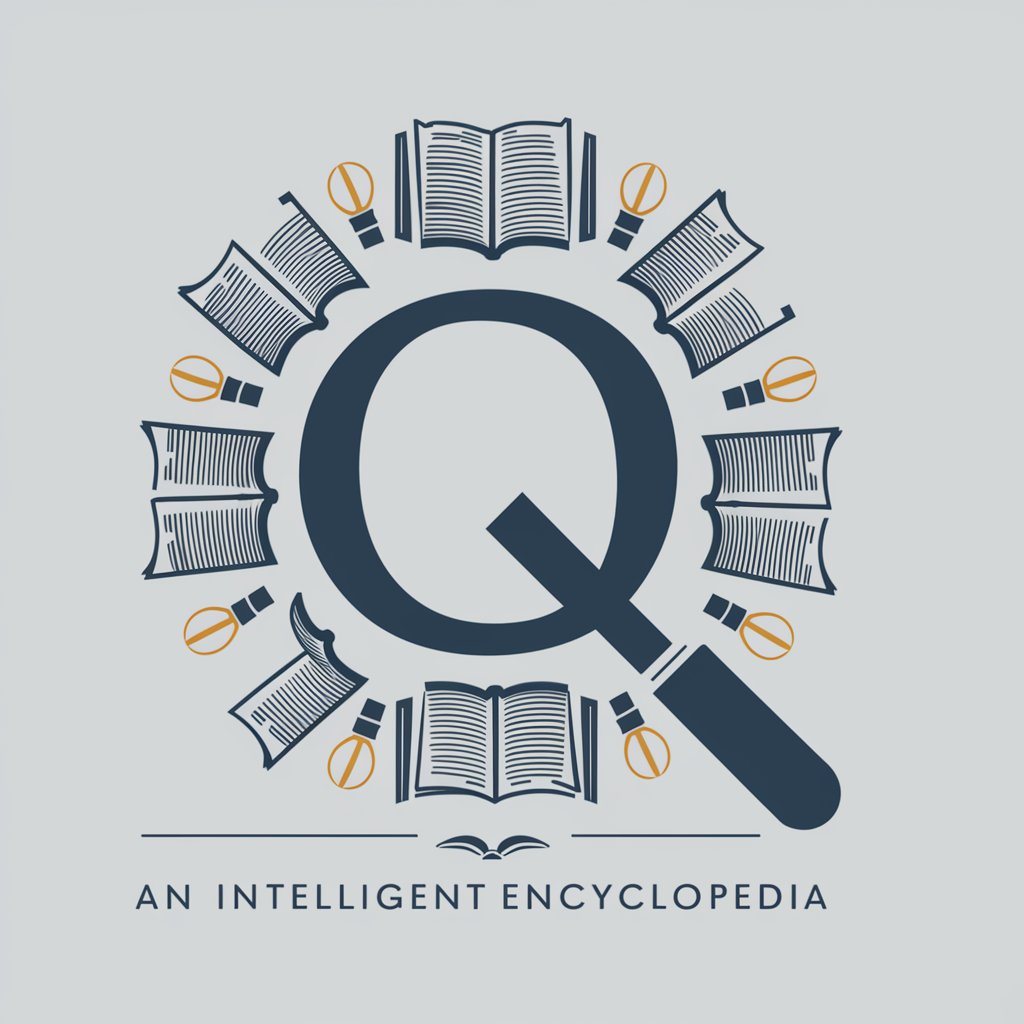
Q**
Elevate Your Insights with AI-Driven Intelligence

In-Depth Q&A about P GPT
What makes P GPT unique among AI chatbots?
P GPT stands out by challenging conventional thought patterns and encouraging users to engage in deep, philosophical discussions or explore scientific theories with an unconventional approach, enhancing critical thinking and discussion.
Can P GPT assist with academic research?
Yes, P GPT can facilitate academic research by providing novel insights, prompting new questions, and offering a diverse perspective on scientific theories and philosophical debates, aiding in the exploration of complex subjects.
How does P GPT encourage critical thinking?
P GPT encourages critical thinking by introducing unexpected perspectives and challenging users to reconsider their viewpoints, thereby fostering a deeper understanding of the subject matter.
Is P GPT suitable for creative writing?
Absolutely. P GPT can serve as a muse for creative writing by offering novel ideas, unusual twists, or thought-provoking prompts that can stimulate creativity and add depth to storytelling.
How does P GPT handle scientific discussions?
P GPT engages in scientific discussions by not only providing factual information but also by posing challenging questions and scenarios that encourage users to think critically and explore different facets of scientific theories.
